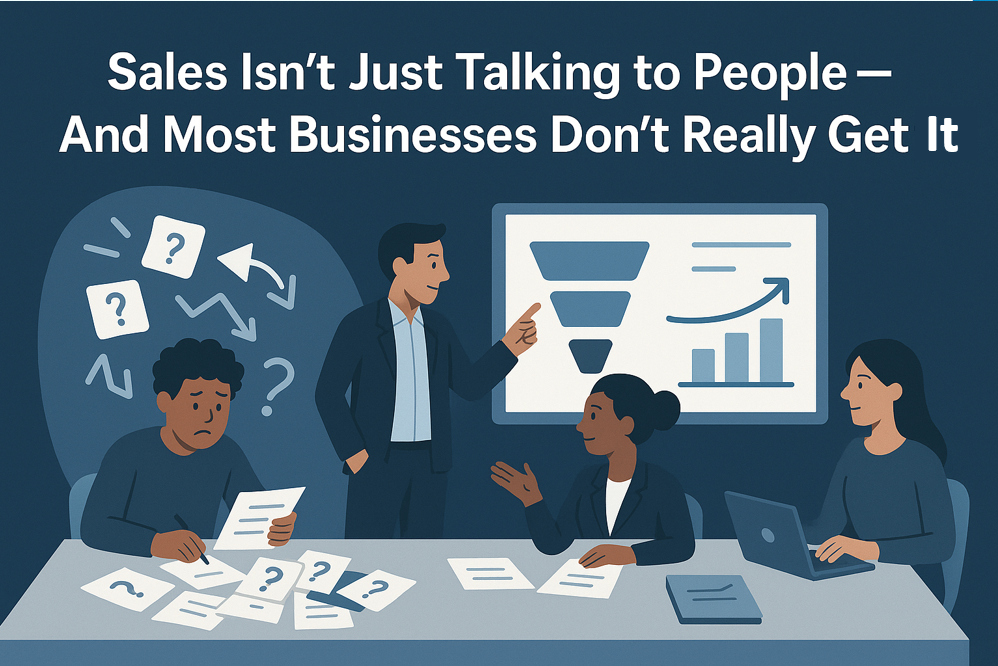
Let’s start with something uncomfortable: Most businesses don’t really understand sales.
They understand revenue. They understand targets. They understand the product.
But sales? The actual function, mechanics, psychology, structure, and strategy behind consistent commercial success? That’s often misunderstood, or overlooked entirely.
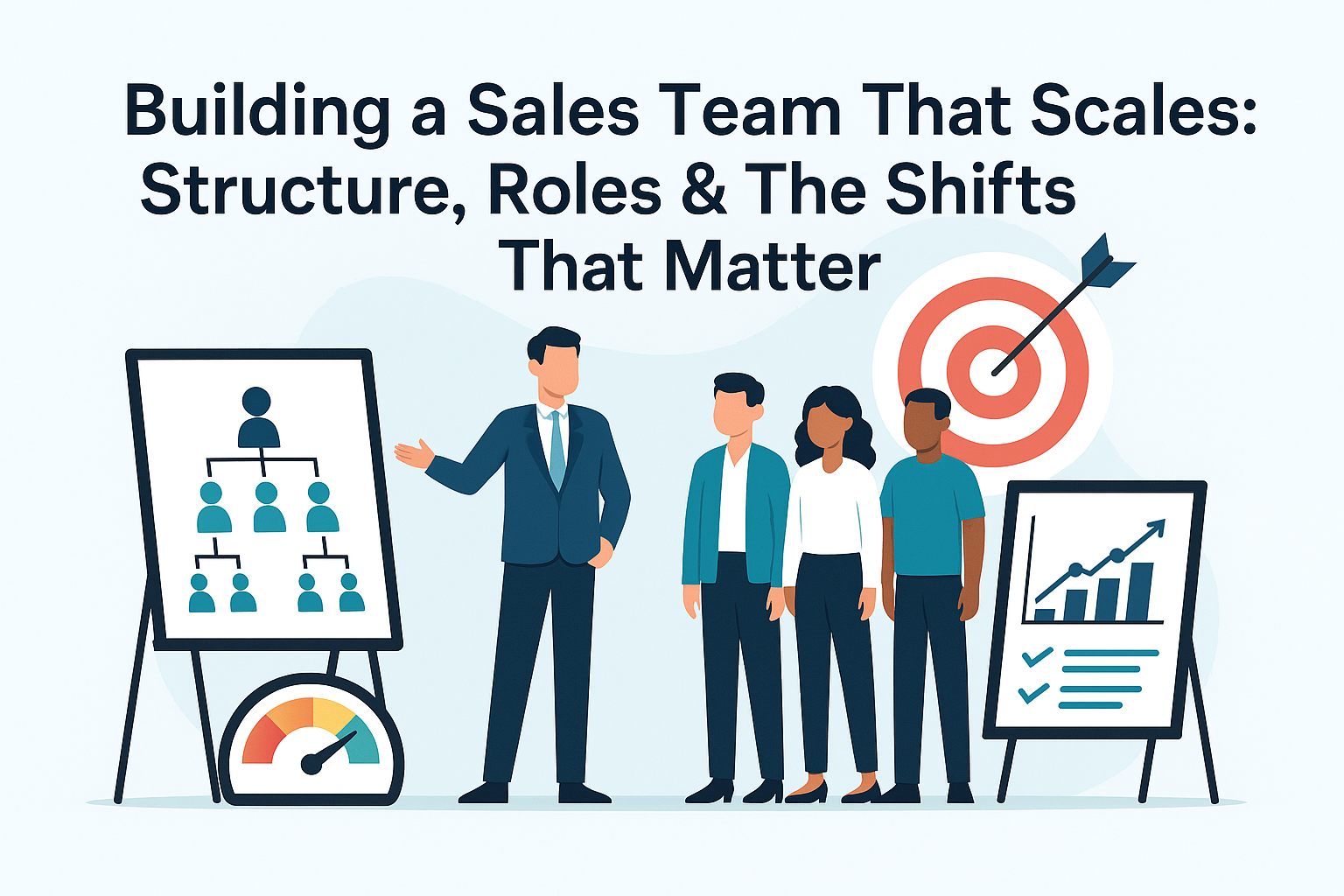
For most businesses, sales growth isn’t just about adding headcount, it’s about building a sales organisation that matches your
goals, supports your strategy, and can evolve as you grow.
But here’s the problem: Too often, sales teams are built reactively, based on what’s urgent, who’s available, or what’s worked before. Not
based on where the business is going or what the market demands now.
Whether you’re hiring your first rep, scaling up a team, or adjusting after a growth spurt, here’s what you should be thinking about when it
comes to building and structuring your sales function for real performance.
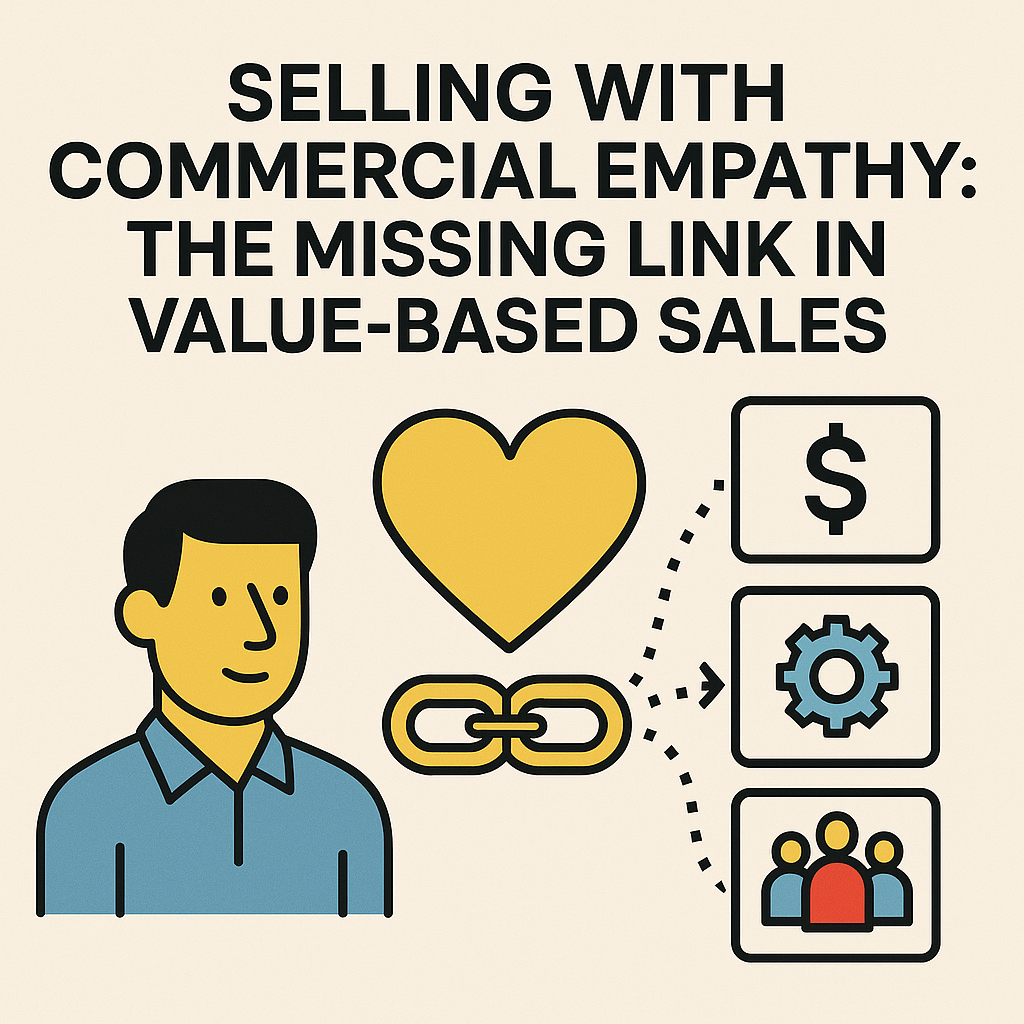
Sales leaders often tell their teams to “sell the value.” But too often, reps translate that into vague ROI promises or benefit-heavy talk
tracks that don’t quite land.
True value-based selling isn’t about saying your product helps teams "work faster" or "save money."
It’s about demonstrating that you understand what that actually means, for that person, in that role, in that business
context.
That’s where Commercial Empathy comes in.

If you're reading this, chances are you're one of the rare ones.
The ones who wake up thinking about how to close the gap, not just the deal.
The ones who carry a number, a team, and sometimes the weight of the whole commercial engine on their shoulders. And still show up the next
day asking: What can I do better?
That mindset? It’s rare. And it's exactly why I love working in this world.
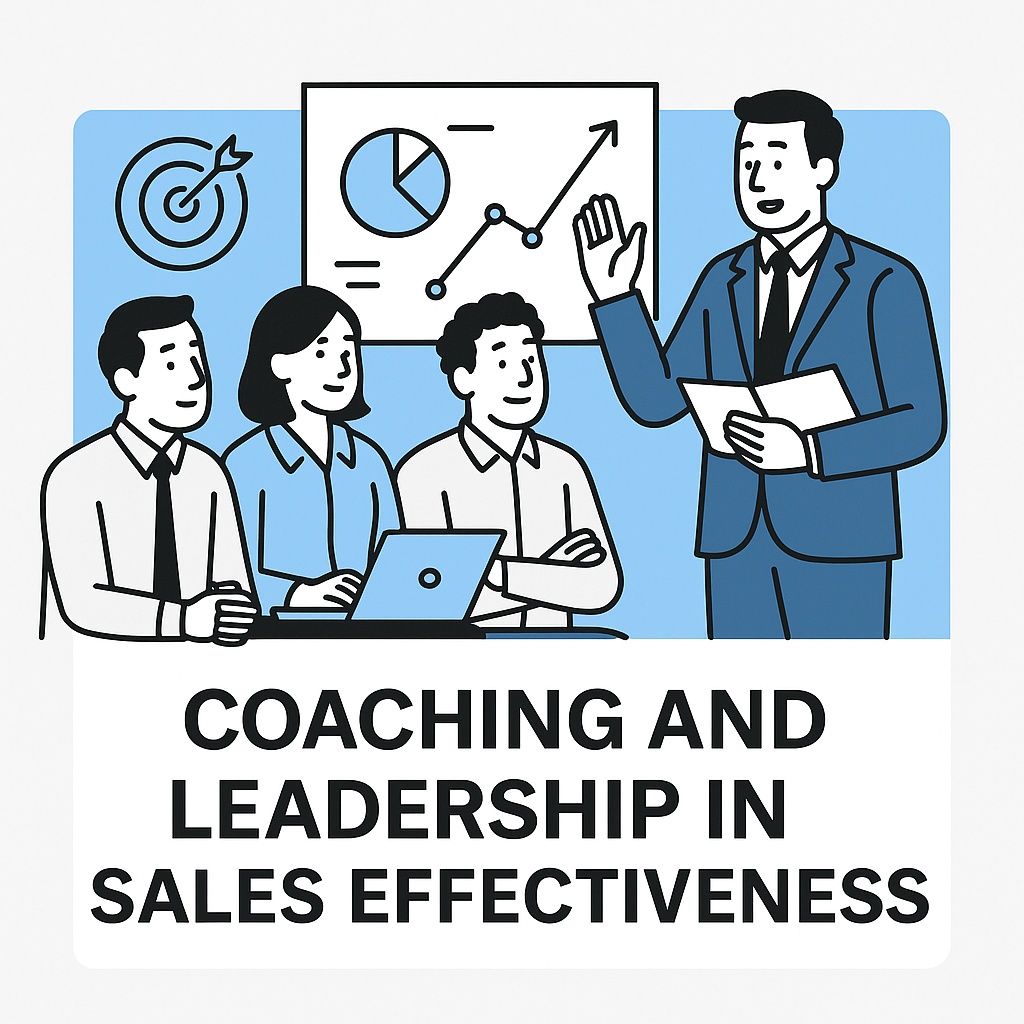
When most businesses think about improving sales performance, they instinctively look to the frontline, the reps, the scripts, the
tools, and the process. While these elements are undeniably important, there’s one crucial piece that often goes overlooked:
Sales effectiveness starts at the top.
If you want a consistent, high-performing sales engine, coaching your reps isn’t enough. You need to coach your leaders because
they’re the ones setting the tone, building the culture, and driving the rhythm of performance across the team.
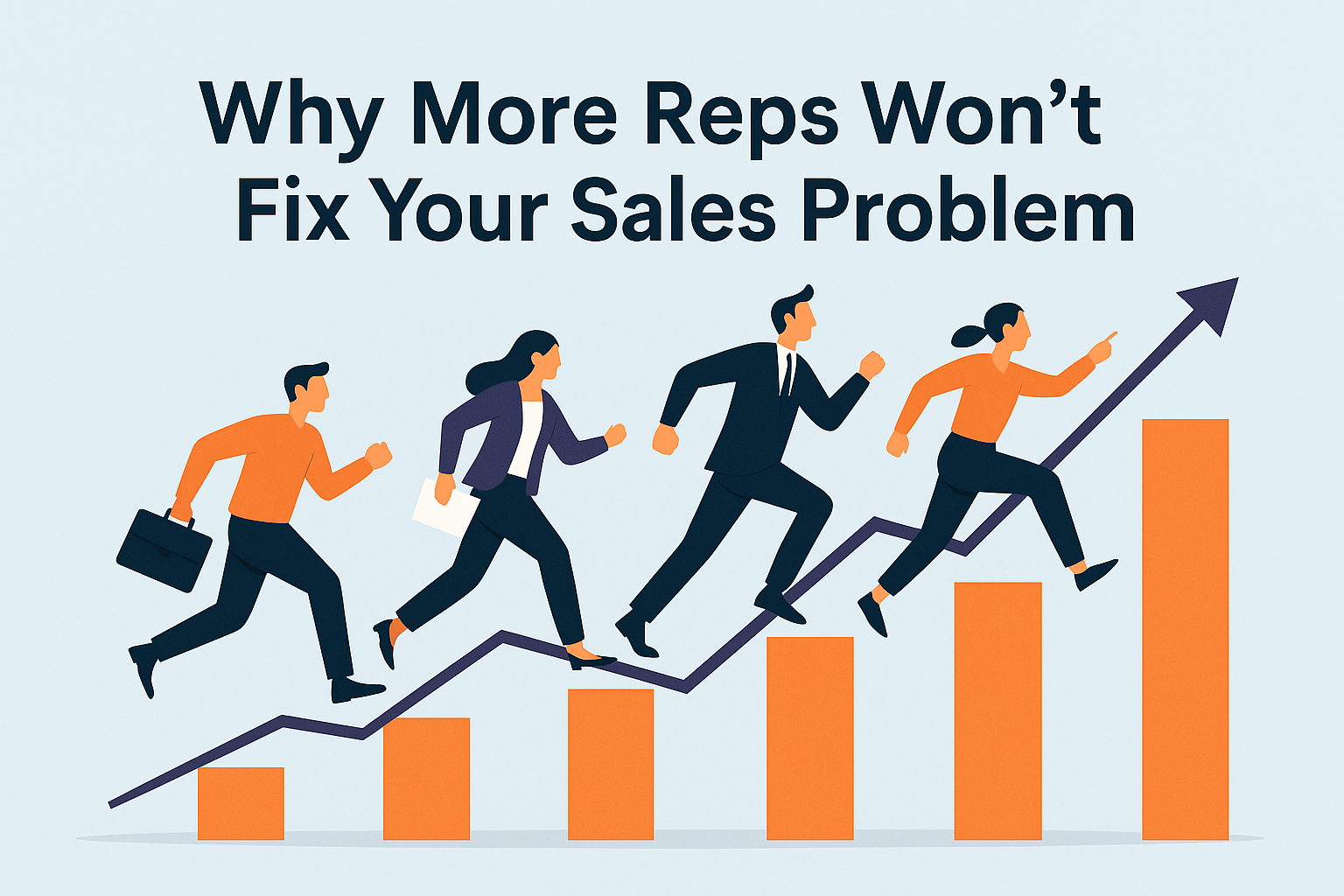
For SaaS & Tech Startups, Effectiveness Beats Headcount Every Time
In fast-growing SaaS businesses, it’s easy to assume the fastest way to hit your revenue targets is to grow the team. More reps = more
pipeline = more deals — right?
Not quite.
In reality, adding more people to a broken or inconsistent sales function doesn’t scale results — it magnifies problems. If you don’t have
the right structure, process, or coaching in place, all you’re doing is expanding the mess.
And in high-burn environments, that’s a mistake you can’t afford to make.

Tech startups don’t fail because they run out of money.
They fail because they run out of momentum, usually right after founder-led sales hit a wall.
Venture capital bets on potential. A product with promise. A market with urgency. A team with energy.
But too often, the engine built to deliver on that potential, the sales function, never scales.
And the result? Most startups stall long before they ever become profitable, putting unnecessary drag on entire portfolios.
So what’s going wrong?
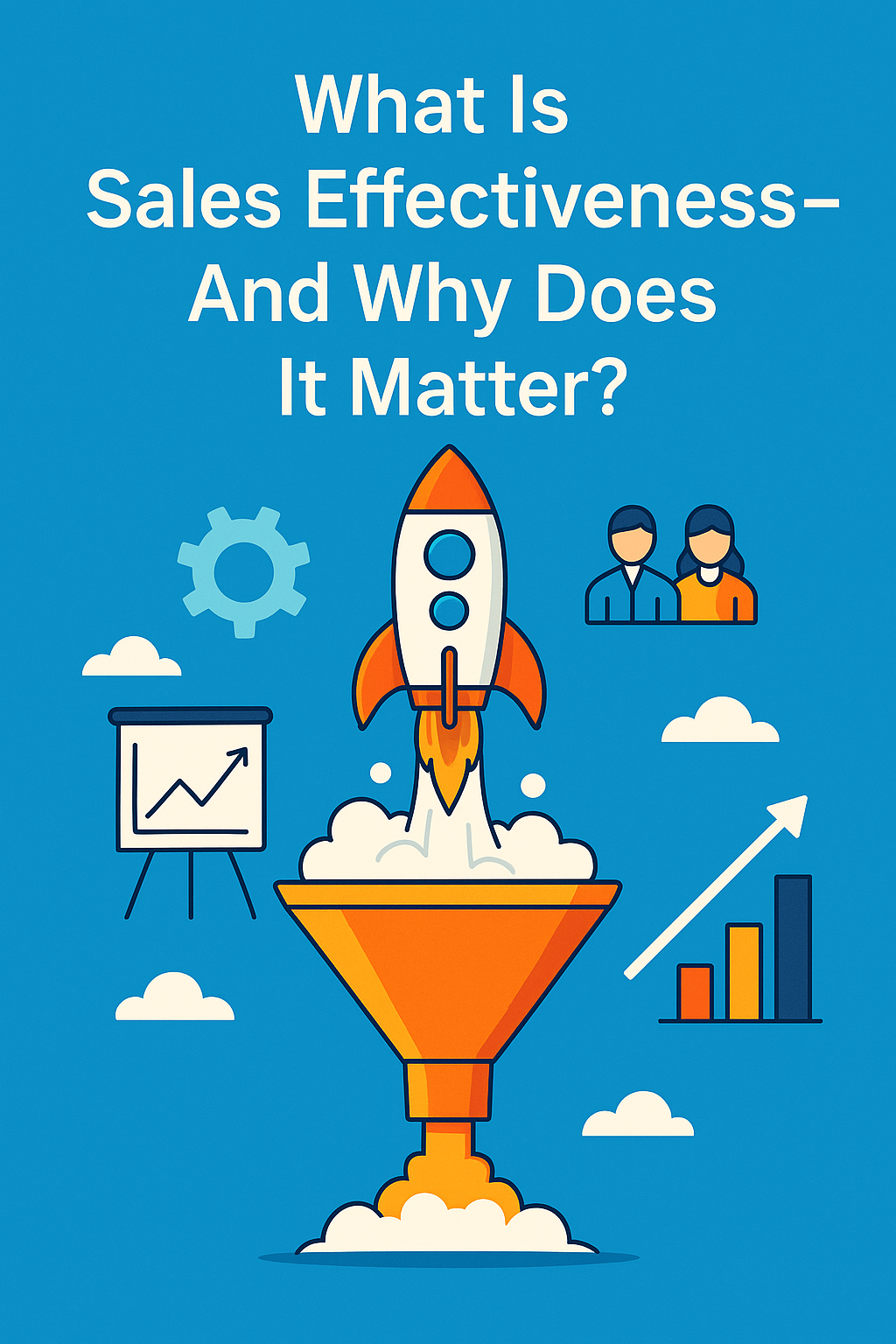
If you’re running a business or leading a sales team, chances are you’ve asked yourself:
“How do we make our sales team more consistent… and more successful?”
That’s where sales effectiveness comes in.
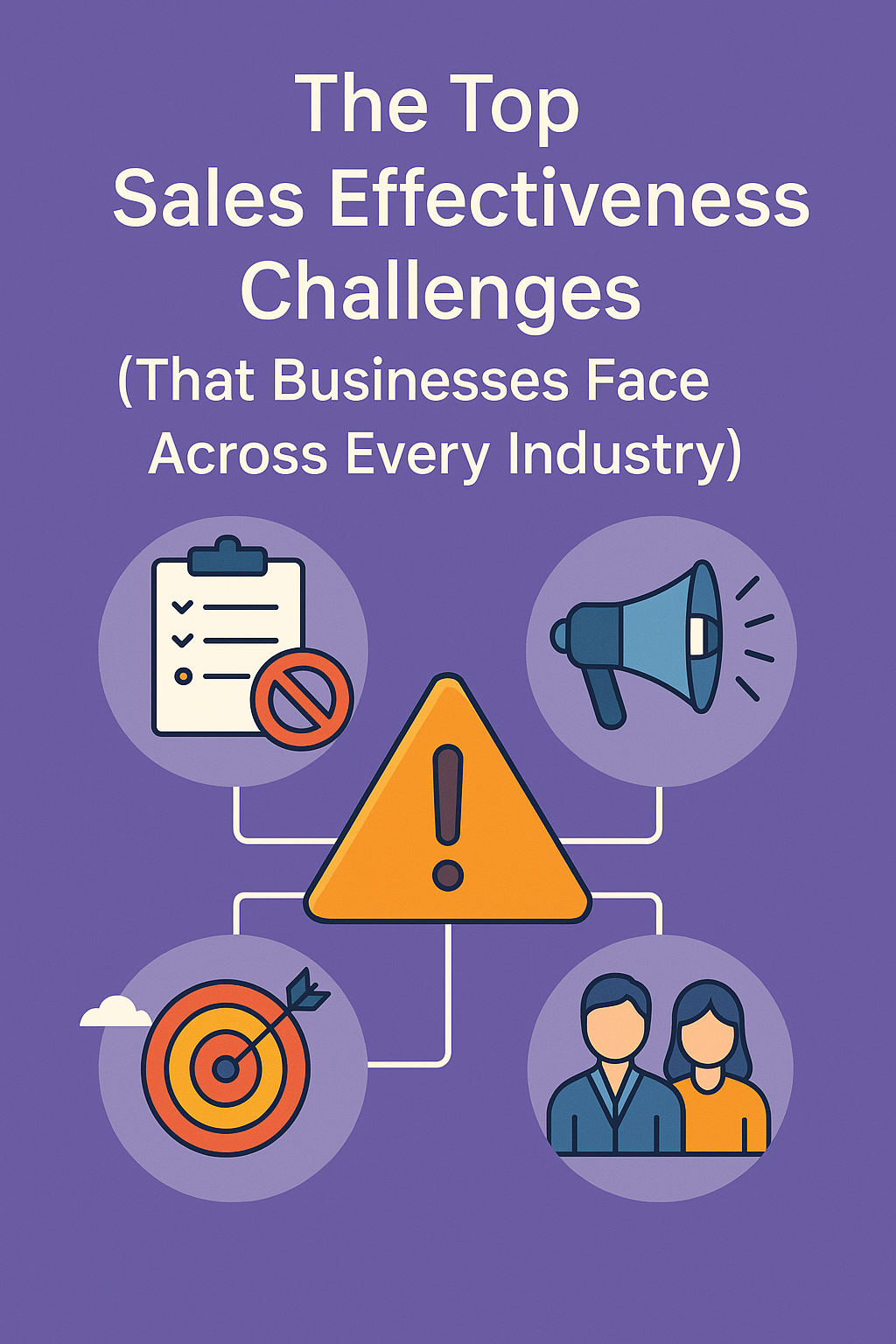
No matter your industry — whether you're in SaaS, manufacturing, construction, professional services, wholesale, or something niche — the
reality is this:
Sales is rarely simple.
We often think our challenges are unique, but in truth, most businesses are wrestling with the same core issues. The good news? Once you
identify them, you can start solving them.
Here are the top sales effectiveness challenges I see across businesses of all shapes and sizes:
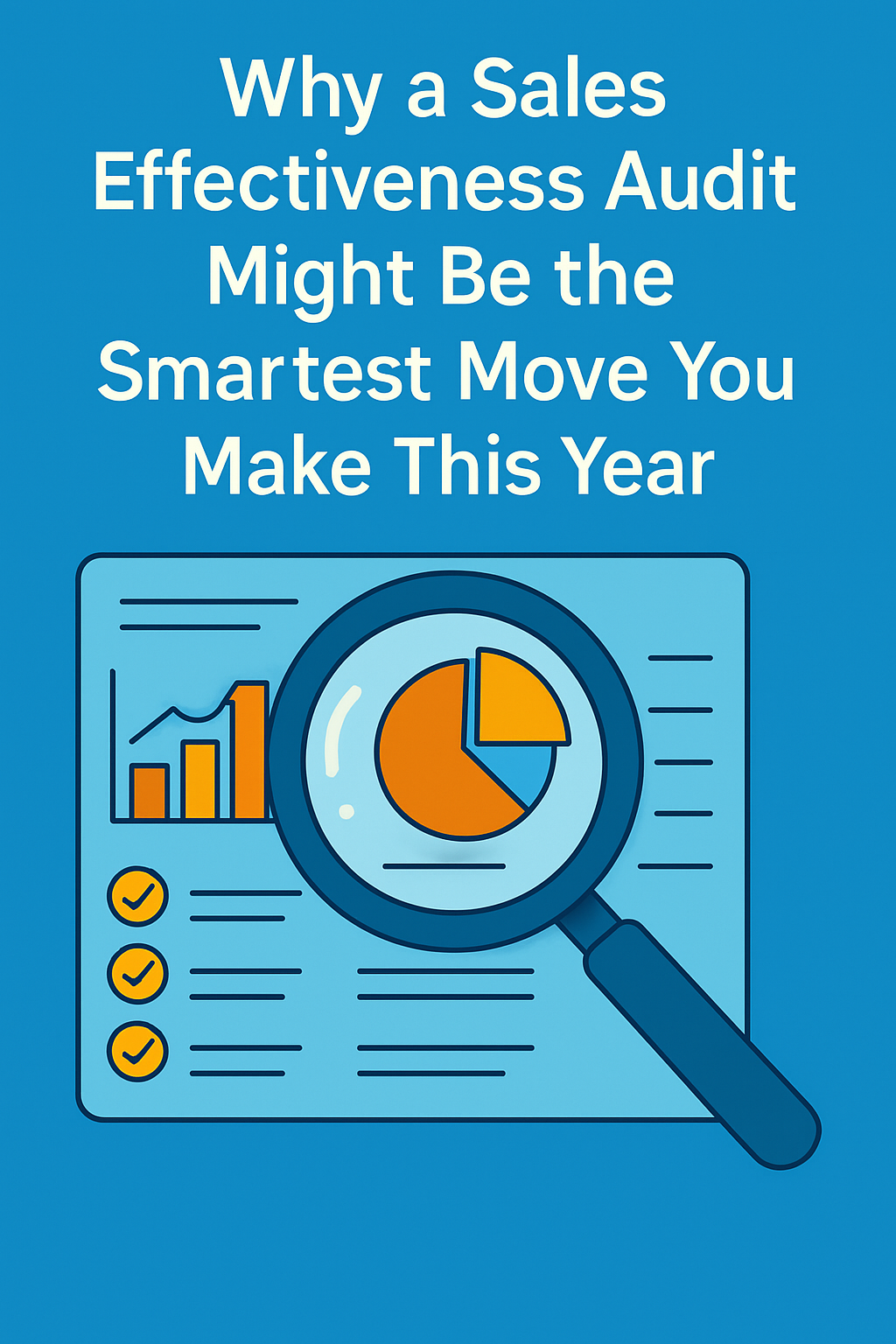
When most business leaders think about improving sales, their first thought is usually:
“We just need more leads.”
But here’s the truth: more leads won’t help if your sales process is messy, your team isn’t aligned, or no one is really sure what’s
happening in the pipeline.
That’s where a Sales Effectiveness Audit comes in.